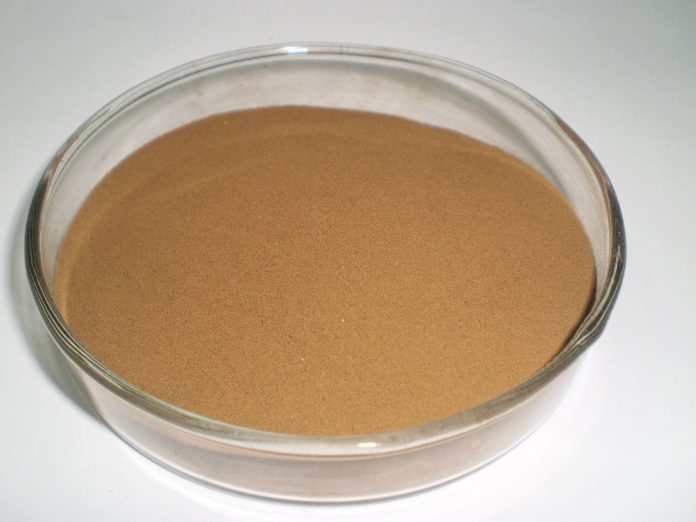Lignosulfonate, often known as lignin, is a chemical produced as a byproduct of wood pulping. Its compound makeup allows it to be used in a broad range of industrial applications. Among them are the following:
Construction and Building
For many years, sodium Lignosulfonate has been employed in the building business. This is owing to its eco-friendliness as well as its stabilizing properties. The chemical is utilized in the manufacture of concrete and cement slurry. It contributes to the reinforcement of mechanical strength and final resistance. As a result, it produces long-lasting construction structures.
Water Conservation
Because of its surfactant qualities, Lignosulfonate may reduce water. This is the presence of both hydrophilic and hydrophobic molecules in an organic substance. These characteristics allow for water reduction by releasing surplus water between particles.
Lignosulfonate suppliers sell to building enterprises because of their water-saving properties. It increases compactness and impermeability by lowering concrete hydration. Its easy and low-cost water-saving outcomes have made it suitable for use in a wide range of home structures.
Stabilization of Soils
Engineers and agricultural specialists now specialize in chemical soil stabilization. Lignosulfonate, on the other hand, has shown to be the most efficient soil stabilizing agent. Its dominance has been strengthened by its capacity to firmly agglomerate soil particles, improving waterproofness.
Some Lignosulfonate studies were carried out on silty soils, and the findings demonstrated better wet-dry resilience. It also improved the bonding of soil particles. Road builders have lately increased their usage of Lignosulfonate in the design of public and private roadways. Its use in the construction sector has resulted in lower road building and maintenance costs as well as excellent final road outcomes.
Ceramic Utilization
Lignosulfonate has molecular compositions that may be changed by adding other chemical components. This allows for greater mechanical green and dry strength in the manufacturing of ceramics. It is also essential since it lowers mudflow and increases adhesive qualities. It is also used to reduce shrinkage, which improves ceramic durability.
It is also effective as a lubricant during the extrusion or pressing stages. Ceramics made with Lignosulfonate are reasonably affordable and long-lasting.
Binding of Pellets
Bisley has provided Lignosulfonate for a variety of pellet binding applications. They are employed in carbon black binding, for example, and are integrated into animal feeds to increase the quality of feed pellets. They provide surface contacts that increase pellet strength. Lignosulfonate has also been used in the refinement of coal and coke. There is a lot of powder in these sectors that might be costly to bind. Lignosulfonate may be useful in the binding process since they transform the powder into manageable pellet sizes. As a result, it stands out as a more affordable alternative to binding pellets.
In conclusion
Lignosulfonate are critical in the execution of critical activities in a variety of industries. Bisley manufactures and distributes these compounds to various places across the world. Please contact us to order Lignosulfonate for both household and industrial use at the most competitive market pricing.

